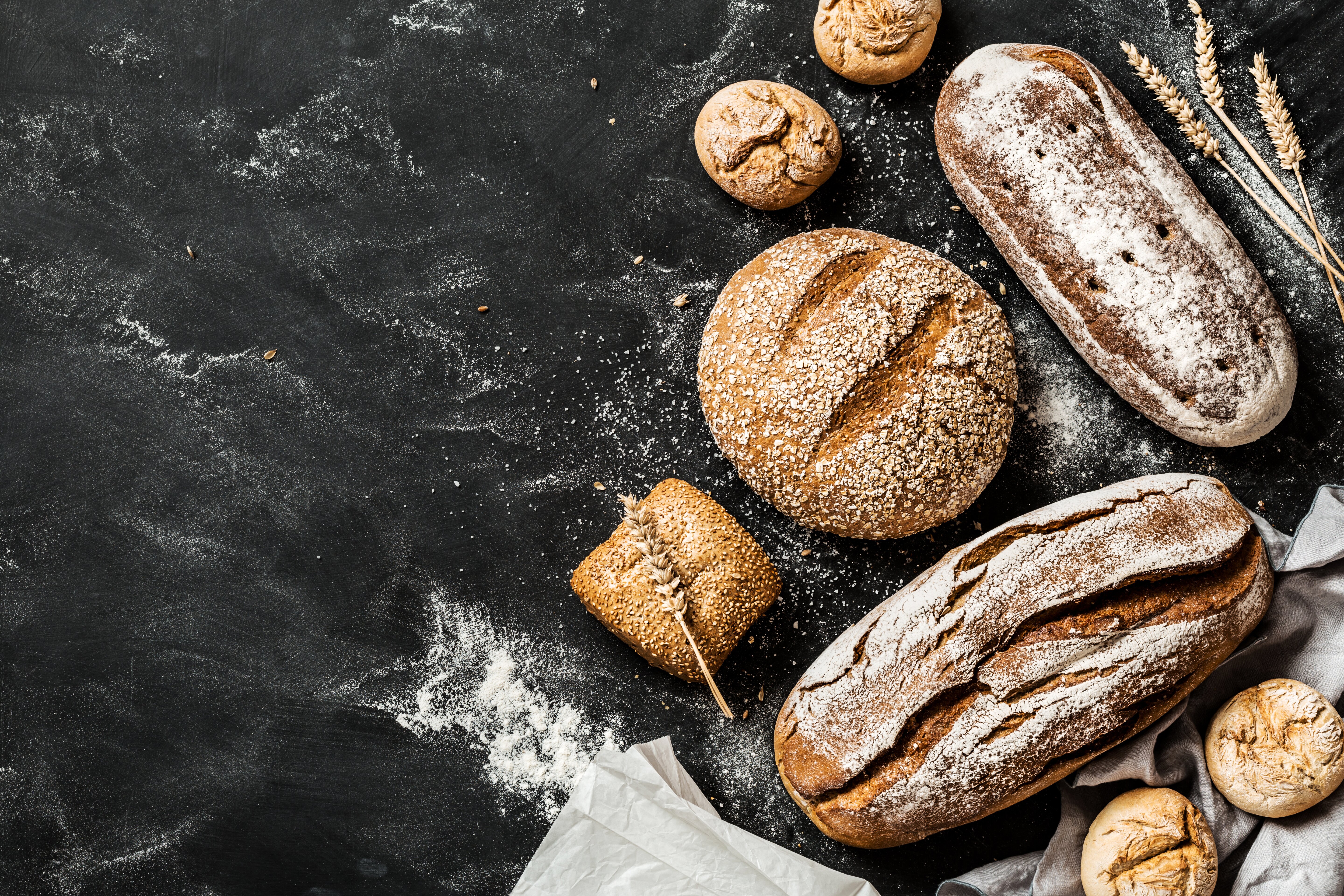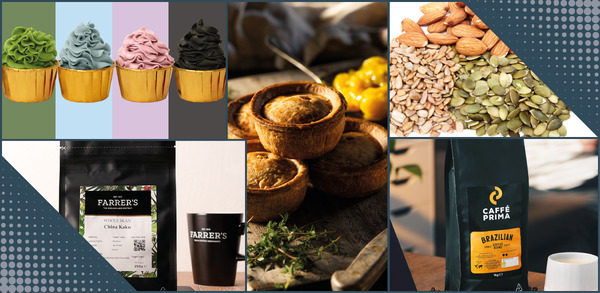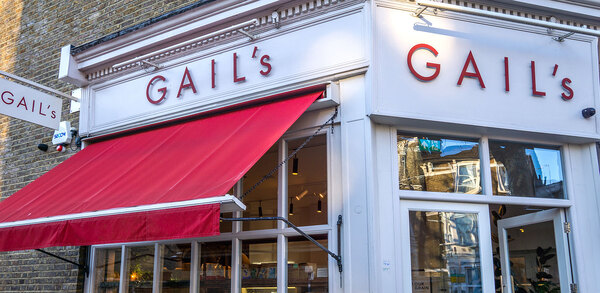How to harness recent enthusiasm for sourdough into bread and pâtisserie fit for your discerning customers
Everyone’s a sourdough expert these days, and it seems home-based baking has awakened an appetite for other quality bread and pâtisserie offerings. Will Hawkes discovers the trends
Judging by social media, Britain learned to bake bread during lockdown. Furloughed foodies from Folkestone to Falkirk used the weeks of downtime to hone their sourdough bread technique, sharing the results online. As the weeks went on, these loaves became gradually less squashed and rock-like and more airy, edible and, well, professional-looking.
Bad news for bakeries around the country, you might think, but that’s not been the case for Medicine, which has bakeries and cafés in Codsall, near Wolverhampton, and Birmingham. This business, which focused on takeaway bread during lockdown, discovered Britain’s passion for sourdough wasn’t just about social media humblebragging. “Becoming a takeaway-only business was mega- successful,” says Simon Jones, who co-owns the business with wife Francesca. “We’re lucky that we’re small and nimble enough to evolve, and we just basically became a takeaway bakery. It was great.”
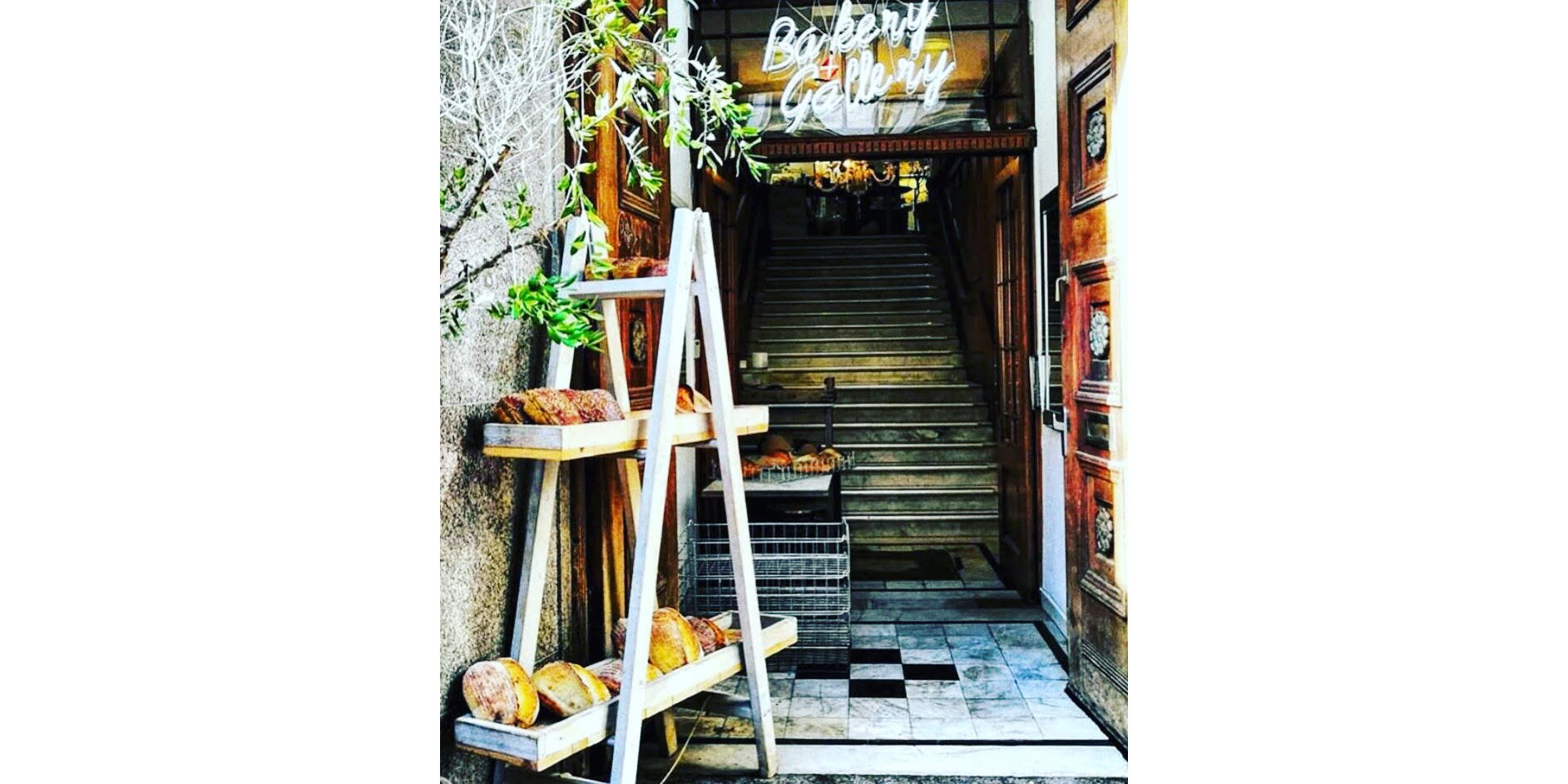
That was in Codsall; Birmingham’s Medicine was shut for much of lockdown, but opened up again at the end of June. It’s an interesting model, incorporating bakery, café and art gallery, particularly since venues with that sort of scope are thin on the ground in Britain’s second largest city. Opened in 2017, it occupies a remarkable old building, the former home of the Royal Birmingham Society of Artists on New Street, with plenty of space to spare. It’s an ambitious project that shows how modern bakeries are taking centre stage in Britain’s urban food culture.
The truth is that bread and pâtisserie are enjoying a renaissance that continues to go from strength to strength. While sourdough loaves are increasingly ubiquitous up and down the land, other types of baked goods – from Swedish rye bread to Mexican-inspired wraps – are gradually gaining a foothold. It’s never been more important to know your bloomer from your baguette.
Brummie bakers
Jones knows what it means to be at the centre of Birmingham’s cultural scene. He was once the owner of Medicine Bar, one of the city’s most significant dance music venues during the heyday of techno, garage and big beat in the late 1990s and early 2000s. The bar, which was based in Digbeth’s Custard Factory, closed in the aftermath of the 2008 financial crisis, giving Jones an opportunity to turn another passion – bread – into a business.
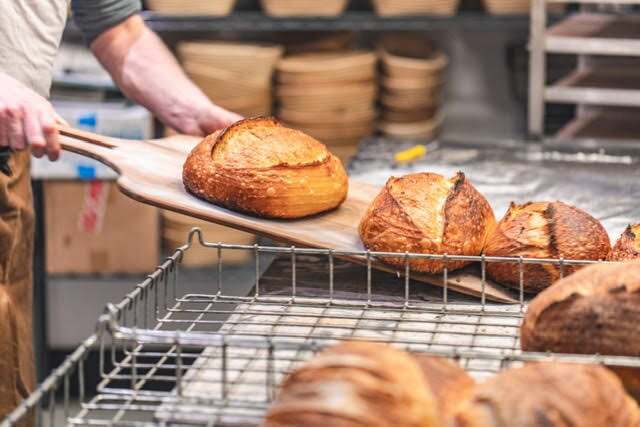
“It was a case of, what do we do now? Where do we go?” he says of that moment. “It was around the time the Tartine Bread book (2010) came out, and that captured my imagination. You couldn’t get good bread then, and I found learning to bake such an absorbing process.”
The Medicine model is one that is gaining popularity across the country. In a world where high-street businesses of all stripes are struggling, more and more operators are looking to offer a variety of different offers on one site. So not only does Medicine offer a café alongside takeaway bread and cakes, but it’s also open from the early morning until late afternoon, going from breakfast spot to brunch and then healthy lunch, with the space used for exhibition and markets at other times.
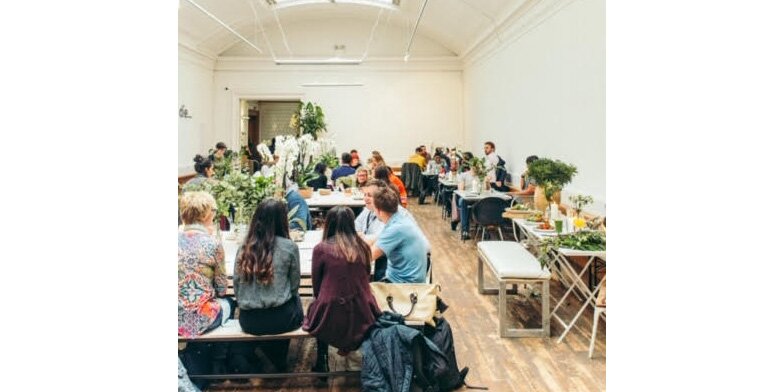
“We haven’t ventured into evening food yet,” says Jones, “but we will eventually do that. I think the atmosphere that you find in cafés like ours appeals to those who like to sit with a laptop and a beer and have the same kind of experience later in the day. We just have to find the formula, but that will come.”
The customer base is as varied as the city it serves, Jones adds. “The city is young and fantastically diverse,” he says. “We get people from all parts of the world. Some that are more used to better products, better bread; we get a lot of good feedback from them people who have come from places like Greece or Italy.”
Further afield
While Medicine attracts customers from near and far, elsewhere Britons are getting a taste for bread from around the world. Scandinavian products – taking in rye bread and flatbreads – are booming in popularity in the UK, according to Jenny Jeppson, concept manager at Swedish manufacturer Polarbröd. She suggests her company’s Arctic Soft Thinbreads can be turned into ‘sushi-style’ mini rolls, to be served as starters, sharing platters or at breakfasts and buffets.
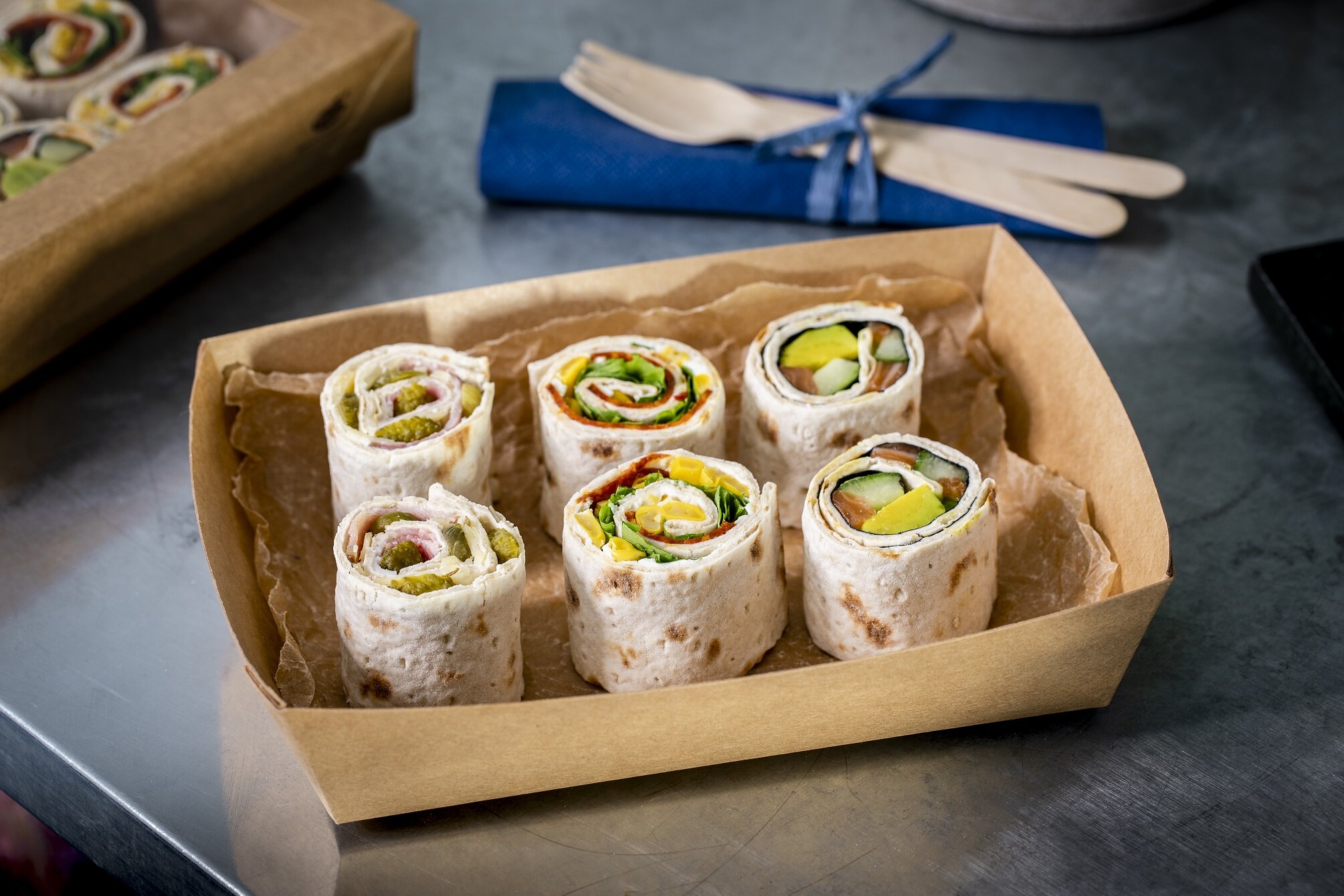
“The surge in interest in breads from around the world means that Scandinavian breads very much have a place at the table now in the UK,” she says. “Their distinct style, texture and flavours create new opportunities for menu innovation – helping chefs and foodservice professionals serve something a bit different.
Lantmännen, another Swedish firm, suggests that premium grains such as rye, spelt and oats, which deliver in terms of flavour and health benefits, are the coming trend. They recommend products like Schulstad Bakery Solutions Rusticata, made with semolina flour, or ciabatta and panini, made with olive oil.
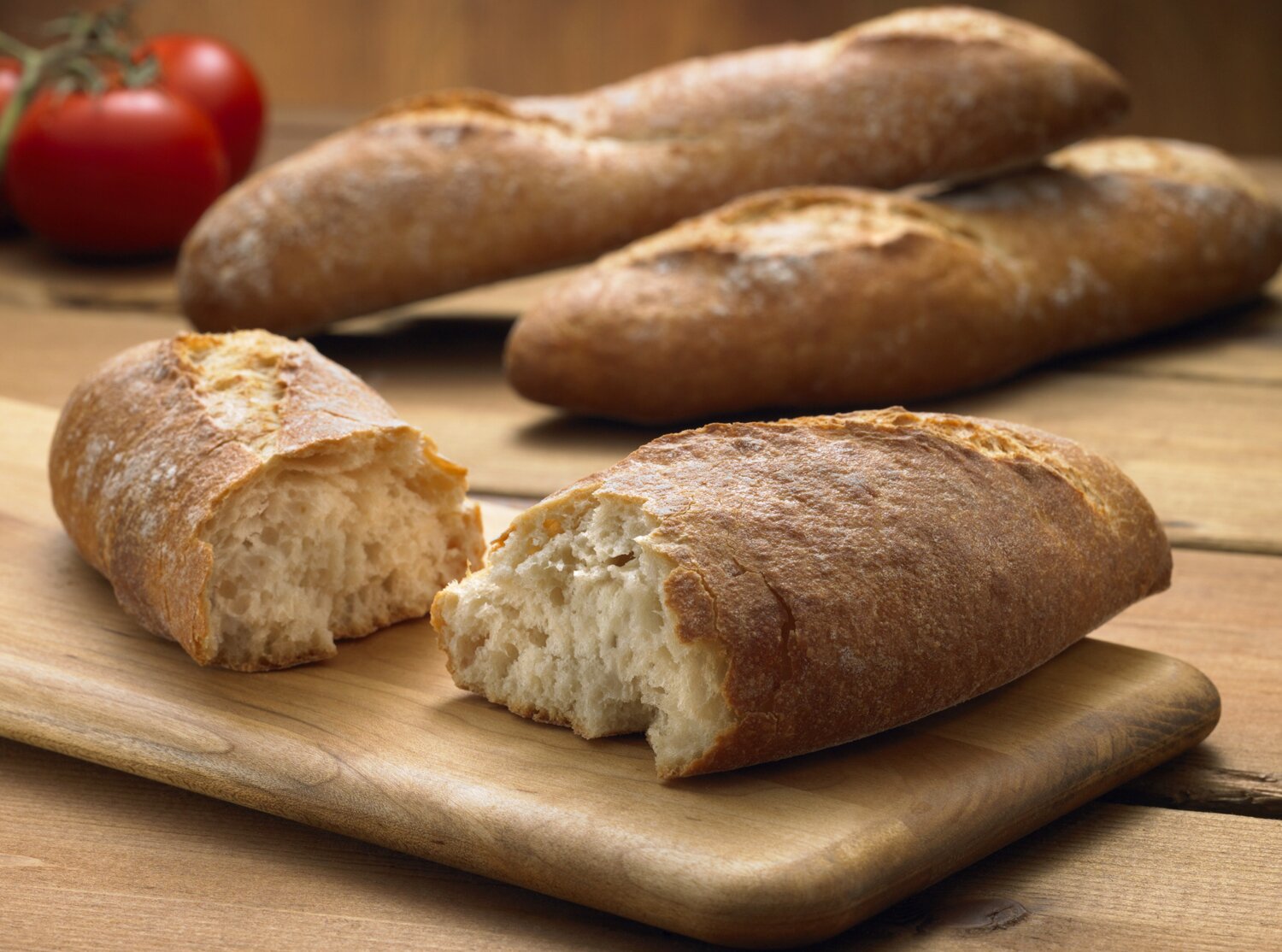
“Health is a key trend within bread, with consumers looking for ingredients that drive health benefits,” says Paulina Gorska, marketing manager. “Rye, spelt and added protein are becoming more prominent in speciality breads. In [the] fast-food [world], burger buns remain a key player, and veganism is an important trend with more and more outlets and consumers looking for vegan or plant-based menu options.”
Health is a key trend within bread, with consumers looking for ingredients that drive health benefits
Tracey Hughes, managing director of Henley Bridge, also notes the growing trend for Scandinavian baking. She suggests Irca’s Pumpernickel 50% Concentrate with white, brown or multi-seed flours for those hoping to create “an eye-catching, dark multi-cereal loaf, which ticks all of the nutrition boxes as well as having visual and taste appeal.”
“Consumers are increasingly seeking out artisan products, and the bread category offers huge opportunity,” she adds. “Italian breads such as ciabatta and focaccia are popular choices and are easy to create as long as you have the right products. Having a range of bespoke concentrates in their armoury provides chefs and bakers with the ability to create a wide variety of authentic bakes with ease.”
While Scandinavian bread is on the rise, other foreign treats have become a staple in the British home, and elsewhere – such as the Mexican-style tortilla wrap, for example. “We sell over a quarter of a million wheat flour tortillas throughout the world,” says Kim Hartley, executive business development chef for Mission Foods. “And it’s not just about plain wraps. As strong and flexible and just as delicious as our plain tortillas, Mission Foods’ flavoured options help operators create inspirational menus that stand out from the competition. From chocolate to beetroot and chai to multigrain, there is a specialist wrap for any occasion.”
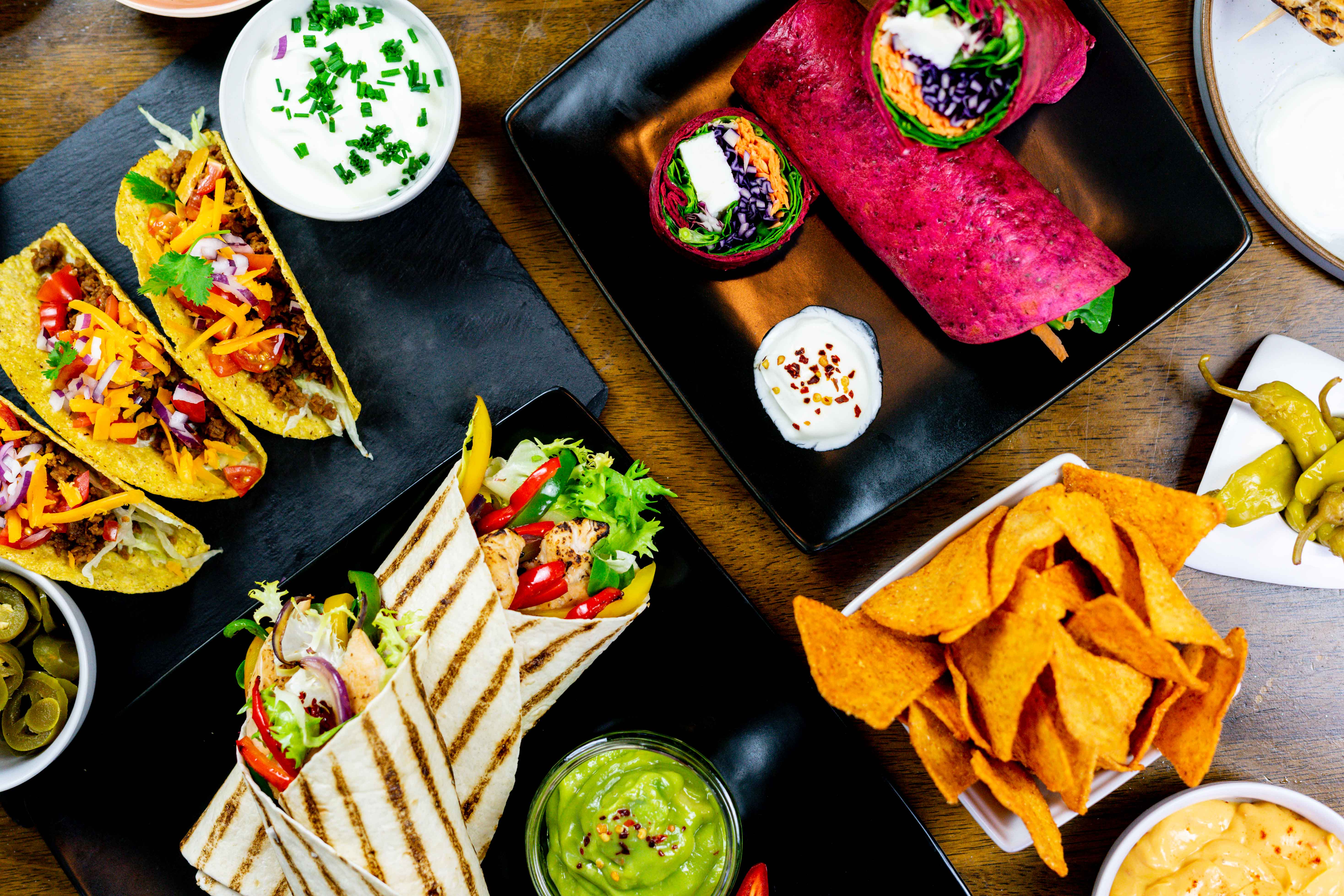
Even more established is the pitta bread, as useful for sandwiches as it is for dips. Dina Foods, established in 1993, has been bringing Mediterranean flatbreads to the UK for almost three decades; assistant general manager and project director Wilda Haddad predicts that breads “that appeal to an adventurous palate” will be popular in the coming months. Dina’s range includes artisan wholemeal and white flatbreads and pitta breads, and ‘Paninette’ flatbreads.
Dina Foods has a variety of new products waiting to launch, according to Haddad. “Our customers and trade partners rely on our innovative spirit to create new products that fit with consumers’ dietary needs,” she says. “Consumer interest in innovative global flatbreads is growing.”
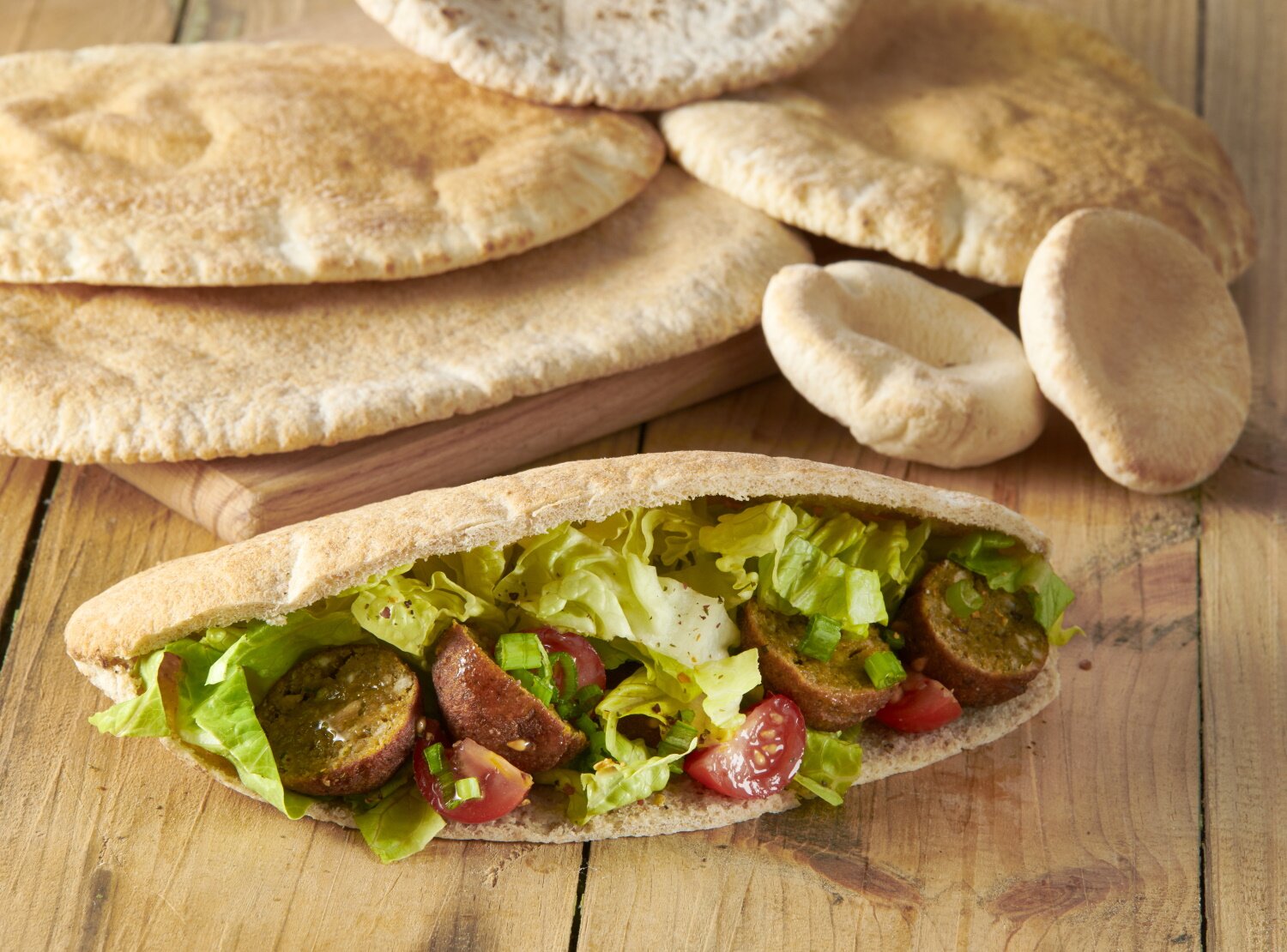
Sweet options
Dina also produces baklawa, including pistachio baklawa, cashew bourma and fruit selections such as cranberry or apricot baklawa, as well as its lighter Filo Delights-branded range. Sweet options like this are, perhaps, counter-intuitively, proving popular despite the financial struggles many Britons are currency experiencing post-Covid.
“The Cronuts are really popular at Medicine,” says Jones. “They fly out. People just seem to love cake at the moment!”
Callebaut, meanwhile, offers a range of sweet options including salted caramel and chocolate tarts. “With the current circumstances remaining unpredictable, it is important for operators to adapt and evolve to suit new consumer needs as people will always enjoy and appreciate a sweet treat,” says Callebaut’s gourmet marketing manager Anna Sentance. “For venues now offering delivery services, bakery options will travel well while still remaining just as indulgent.”
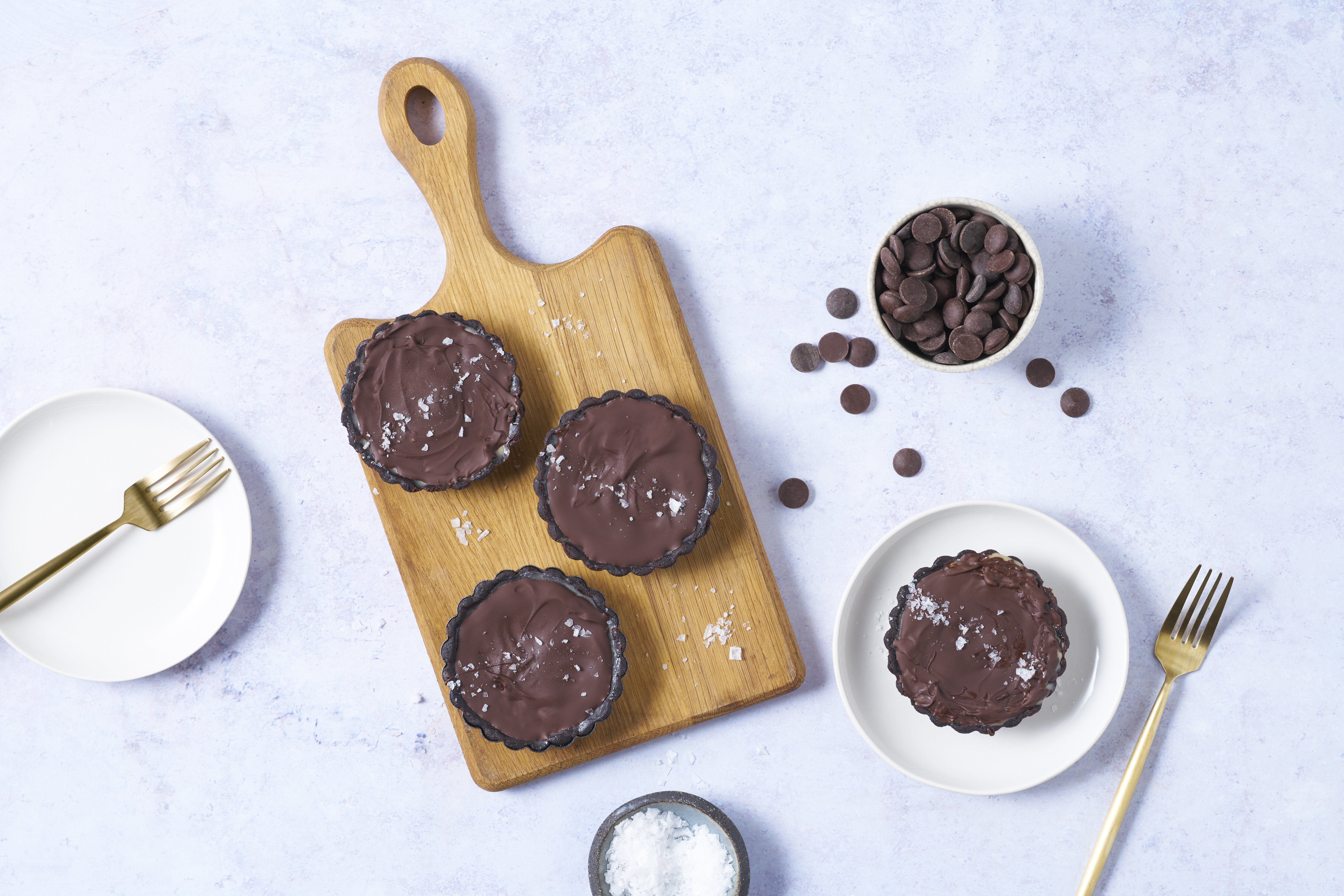
Depending on what happens next with Covid-19, the future looks potentially very tasty for baked goods. Jones, who is about to take on another site in Birmingham, is banking on demand for quality products.
“Demand is definitely growing,” he says. “We couldn’t keep up with the demand throughout lockdown and that’s just out in Codsall. And in Birmingham, when we reopened, bread just sold out. I do think people are spending money now. They’re looking for good products. It hasn’t stopped yet.”
Contacts
Callebaut www.callebaut.com/en-GB/homepage
Dina Foods www.dinafoods.com
Lantmannen www.lantmannen.com
Henley Bridge www.hbingredients.co.uk
Medicine Bakery www.medicinebakery.co.uk
Mission Foods www.missionfoods.com
Polarbröd www.polarbrod.se/en/



